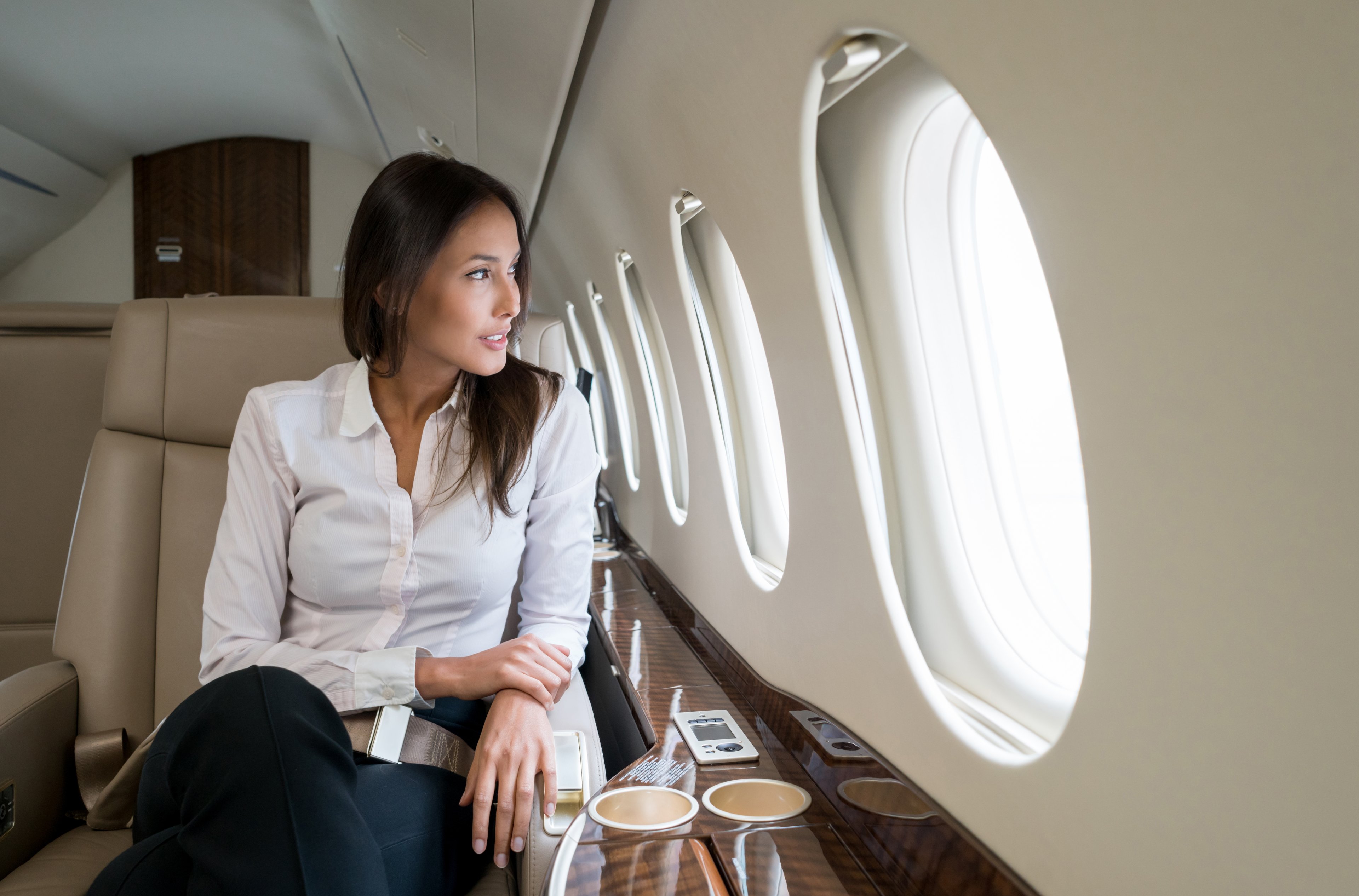For many years, low-cost carriers have had trouble getting slots at Mexico City's congested airport. Thus, when Delta Air Lines (DAL 1.21%) recently decided to pursue a joint venture with top Mexican airline Aeromexico, regulators at the Department of Transportation (DOT) demanded concessions that would improve competition in Mexico City.
To meet this condition, Delta and Aeromexico agreed to divest up to 24 slot pairs at Mexico City International Airport. Now, the three largest low-fare airlines in the U.S. -- Southwest Airlines (LUV 1.50%), Alaska Air (ALK 0.13%), and JetBlue Airways (JBLU 0.10%) -- are close to being cleared for expansion in Mexico City.

JetBlue will expand its presence in Mexico City later this year. Image source: JetBlue Airways.
The DOT favors U.S. airlines
Over the past few months, the DOT has allowed various low-cost airlines to make the case for why they should get some of the slots that Delta Air Lines and Aeromexico will divest. The DOT's goal is to boost competition on routes between the U.S. and Mexico City. Today, Delta and Aeromexico together have very high market share on these routes.
In addition to Southwest, Alaska Air, and JetBlue, Mexican ultra-low cost carriers (ULCCs) Volaris (VLRS 5.33%) and VivaAerobus requested numerous slots in Mexico City. However, the DOT showed a strong preference for the U.S. carriers' requests. In fact, Southwest Airlines, Alaska Air, and JetBlue Airways each received all of the slots they wanted.
Southwest Airlines received two slot pairs starting this summer. This will allow it to shift one of its daily roundtrips to Houston to a better time, while adding a fourth daily flight on that route. It will also receive another two divested slot pairs in 2018 -- assuming it can't get such slots directly from the Mexico City airport authority -- to support daily flights to Fort Lauderdale and Los Angeles.

Southwest Airlines is set to bulk up its Mexico City flight schedule. Image source: Southwest Airlines.
Alaska Air is getting four slot pairs this year. That will allow it to start daily service to San Francisco and San Diego and twice-daily service to Los Angeles this summer.
JetBlue is also getting four slot pairs this year. It will use these slots for twice-daily flights to its Orlando and Fort Lauderdale focus cities. JetBlue is likely to drop its current money-losing flights to those two cities, which depart Mexico City before 6 a.m. In 2018, JetBlue will receive two more slots, enabling two daily flights to Los Angeles.
Mexican ULCCs get the cold shoulder
Ten of the 14 slot pairs that Delta and Aeromexico are giving up in 2017 will go to Southwest, Alaska, and JetBlue. Volaris will get only three of its five requested slot pairs, while VivaAerobus will receive just one of the three slot pairs it wanted. The two Mexican airlines will do a little better in the 2018 portion of the slot allocation, receiving six of the 10 available slots. Still, VivaAerobus will receive in total just three of the nine slot pairs it asked for.
The DOT had three main justifications for its decision. First, it thinks that Southwest Airlines, Alaska Air, and JetBlue Airways are in a better position to provide effective competition to Delta and Aeromexico because of their broad route networks in the U.S.
Second, the DOT noted that two of the slot pairs Volaris requested cover "non-saturated hours" at Mexico City International Airport. As a result, it wants Volaris to get the slots needed for those flights directly from the airport authority.
Third, the DOT took a skeptical view of VivaAerobus' application because of its spotty service record in the U.S. VivaAerobus has started and stopped service to several U.S. cities in the past. Thus, there is a risk that its proposed routes wouldn't be commercially successful. The carrier also doesn't sell any tickets for connecting itineraries. By contrast, Volaris will be able to connect travelers from the U.S. to about two dozen other cities in Mexico.
Winners and losers
The DOT's decision -- which is still tentative but is likely to be finalized soon -- is clearly bad for VivaAerobus. The smallest of Mexico's four major airlines will have to find another way to become relevant in the transborder market.
For Southwest Airlines, winning a few slot pairs in Mexico City is nice, but won't have a big impact on its financial performance. Alaska Air will also see a limited financial benefit from expanding in Mexico City. However, this is an important step in Alaska's long-term growth plan, which relies on becoming one of the top carriers in California.

Alaska Air will continue growing in California with four daily flights to Mexico City. Image source: Alaska Air.
JetBlue is a bigger winner. Up until now, its routes to Mexico City have performed poorly. JetBlue has hung on in the hope of eventually getting better slots. With convenient flight times, it should be able to earn much higher margins. It will also be able to shift some capacity from underperforming markets like Puerto Rico to the more promising Mexico City market.
Lastly, Volaris is the biggest beneficiary, although it will have to wait until later in 2017 or 2018 to get most of its desired slots. Volaris will be able to significantly expand its presence on a number of underserved routes from Mexico City to the U.S. This will help it bring in more dollar-denominated revenue, hedging its exposure to the weak Mexican peso.
Meanwhile, Volaris won't have to face much new competition from VivaAerobus in the transborder market. This should protect its profit margin on key routes like Mexico City-Los Angeles and Mexico City-Chicago.








